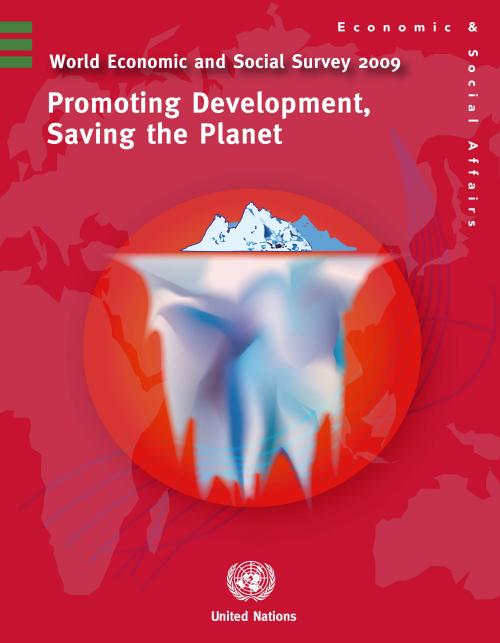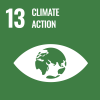The central message of the World Economic and Social Survey 2009 is that addressing the climate challenge cannot be met through ad hoc and incremental actions. In the first place, it requires much stronger efforts by advanced countries to cut their emissions. The fact that in this regard more than a decade has been lost since the adoption of the Kyoto Protocol to the United Nations Framework Convention on Climate Change only adds urgency to those efforts. However, even if advanced countries begin to match their words with deeds, their efforts are, by themselves, unlikely to be sufficient to meet the climate challenge. The active participation of developing countries is now required and such participation can occur only if it allows economic growth and development to proceed in a rapid and sustainable manner.
This Survey argues that switching to low-emissions, high-growth pathways in order to meet the development and climate challenge is both necessary and feasible. It is necessary because combating global warming cannot be achieved without eventual emissions reductions from developing countries. It is feasible because technological solutions that can enable a shift towards such pathways do in fact exist. It is, however, neither inevitable nor inconsequential. Such a switch would entail unprecedented and potentially very costly socio-economic adjustments in developing countries—adjustments, moreover, that will have to be made in a world more rife with inequalities than at any time in human history. If it is to happen, the switch will require a level of international support and solidarity rarely mustered outside a wartime setting.
 Welcome to the United Nations
Welcome to the United Nations

